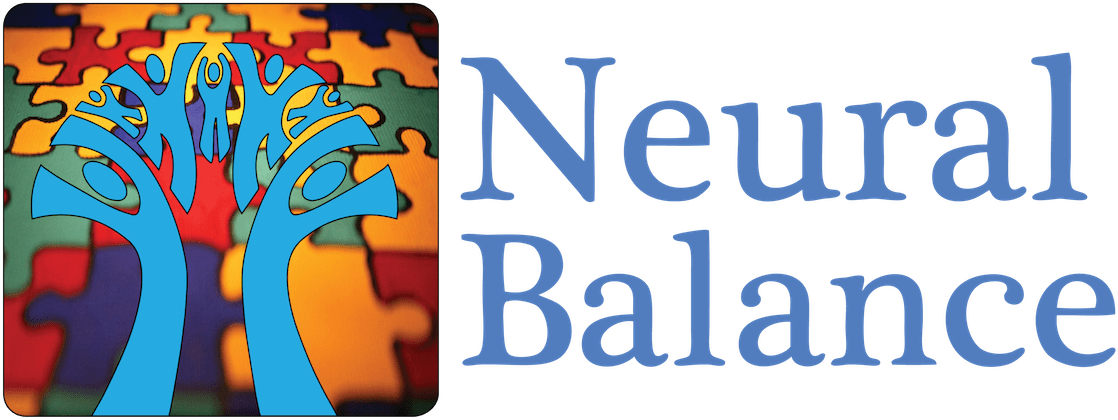It’s a well-known fact that children love to play. When the fun is all over, however, the result can sometimes be a substantial mess. At some point, the time comes for children to start learning to clean up after themselves. Children with behavioral issues often find this to be particularly difficult. If parents exercise patience and put a few strategies into practice, they can manage to get past this challenge.
You will have to use your judgment as to when you start having your child clean up after themselves since each child with behavioral issues such as ADHD or autism develops at a different pace. It is always best to start off early if you think they are ready in order to avoid further struggles later on. If you see that your child has developed enough motor skills to be coordinated with their play, you can decide to take small steps to have them clean up after themselves. Don’t assume that your child won’t be able to clean up if they are non-verbal. In fact, you might find that using non-verbal instructions at first will be helpful.
Since children with behavioral issues such as ADHD and autism are highly visual, you might find making laminated visual instructions for each box of toys, or for their bedroom, to be helpful when clean up time rolls around.
Do your best to make the cleanup time fun for your child. Pick a category, such as a color or type of toy, and have your child put away those items first before moving on to the next. You can also time your child and offer a special prize if they clean up the fastest. If your child likes music, then try playing some upbeat music to make clean up time a dance party as well.
Be sure to teach the value in doing your part to help out around the house. Always give praise and express gratitude when your child cleans up, even if it’s something small. This helps give a sense of accomplishment and contribution to the community.
Your child will also likely feel more at ease with their room more consistently clean and the house tidied up. Explain that it is able to stay this way because everyone contributes and cleans up after themselves, this helps to make the act of cleaning its own reward in the long run.
You will likely have to give your child plenty of reminders when you teach them to clean up. Steer away from punishments and focus on positive reinforcements whenever they do contribute to cleaning up. Don’t forget to lead by example yourself and to model cleaning up after your own messes as well. Don’t push your child too hard, but be sure to consistently give opportunities for them to clean up independently. Put these strategies into practice, along with a good dose of patience, and you will see your child make some great progress.
Share on Neural Balance Parent Portal:
Teaching most kids to clean up after themselves is a daunting task! If you have any advice or parenting tips we would love to learn more! Our Neural Balance Parent’s Portal is a great way to tell your story and help other parents along the way. If you’d like to submit a story, blog or tip, visit https://www.neuralbalance.com/parent-portal/ for submission info.
